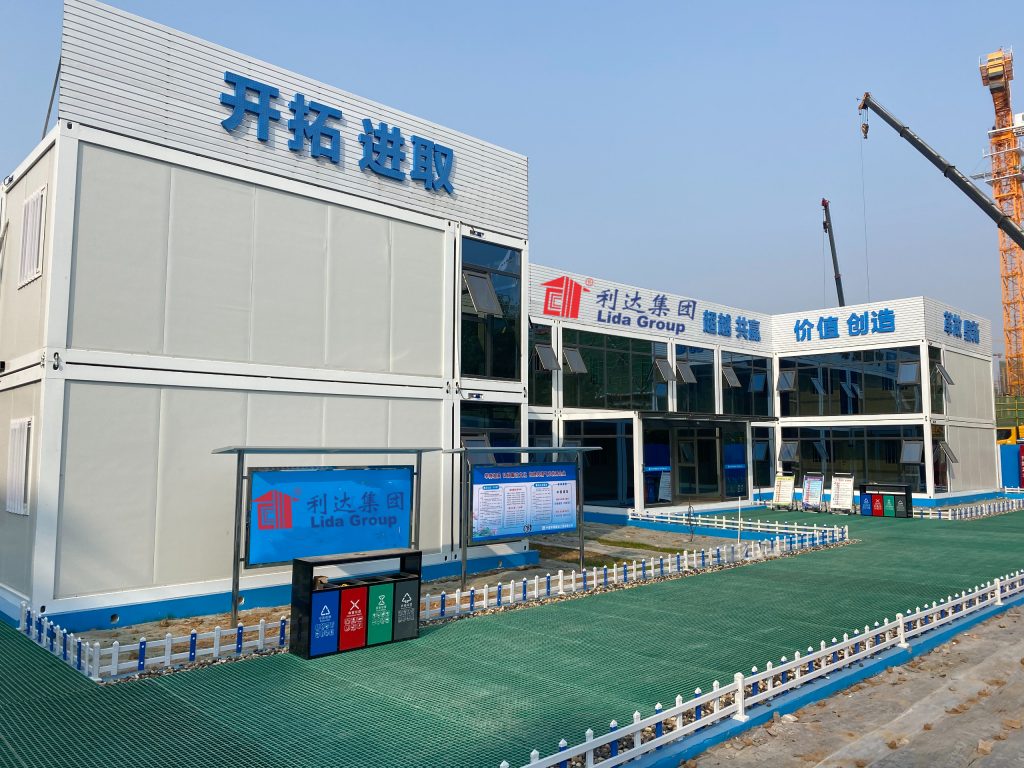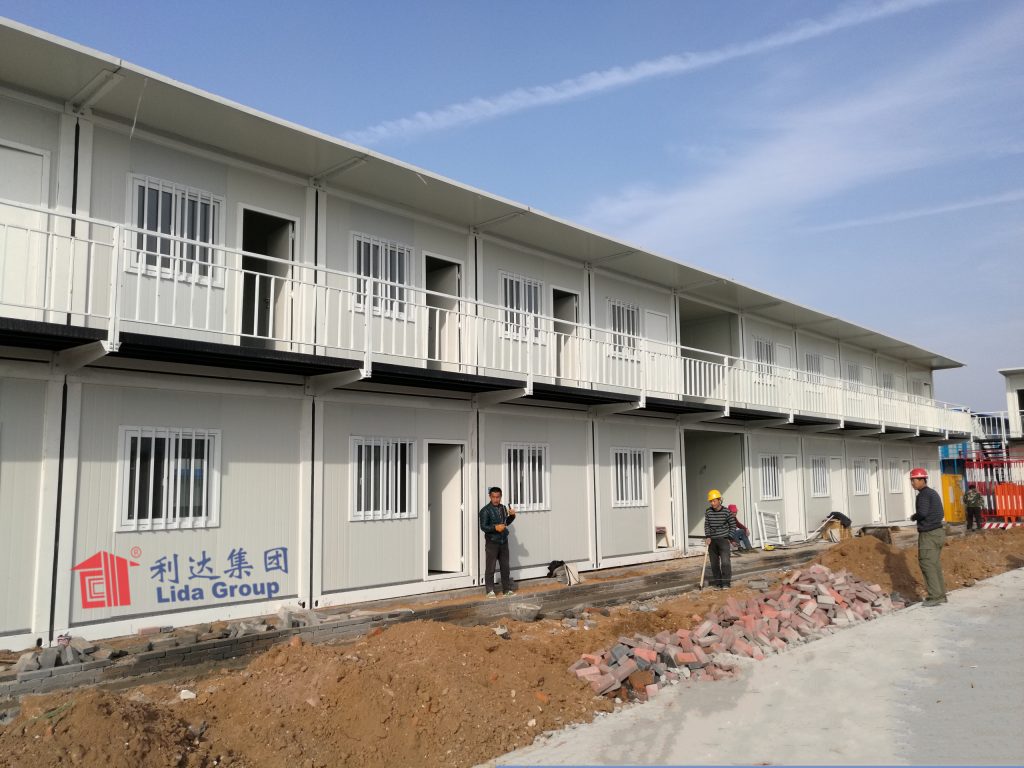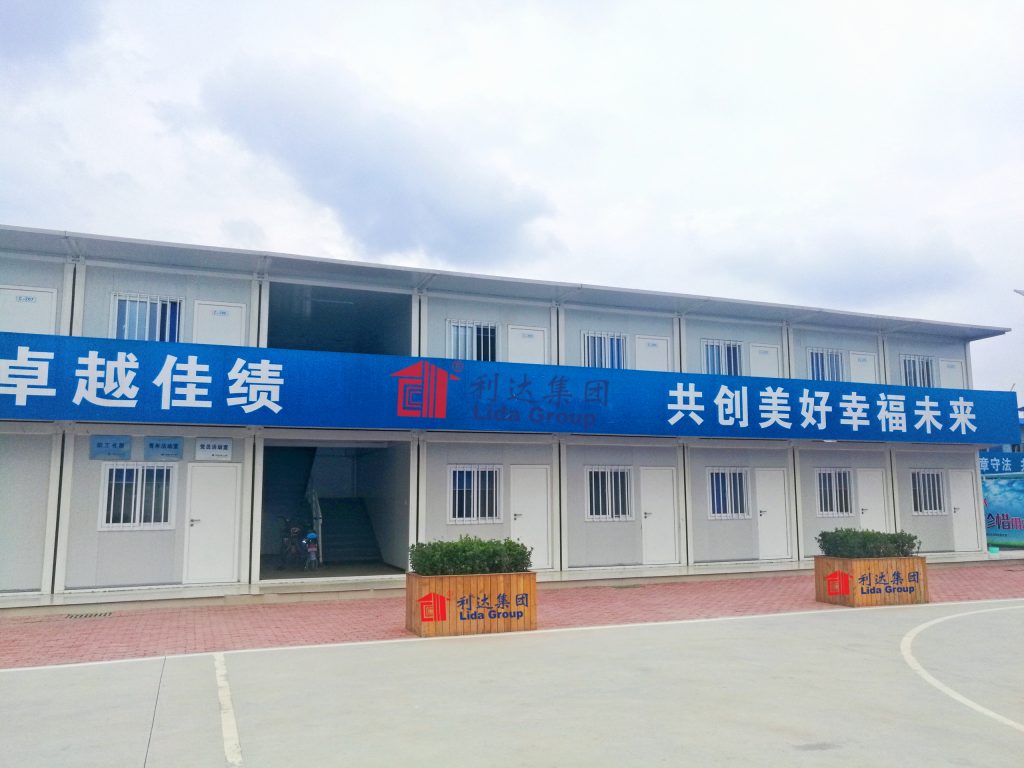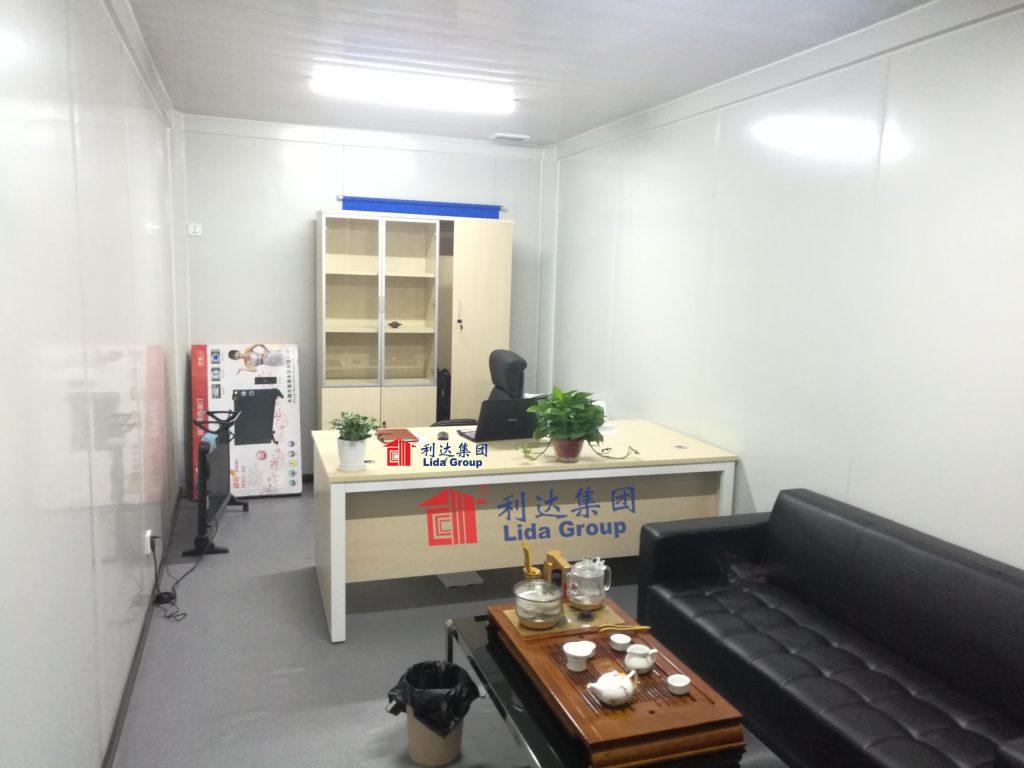As global demand grows for expanded infrastructure like roads, pipelines, electricity grids and communications networks, development of new installations often stretches into frontier regions lacking essential services and accommodations. Establishing temporary housing and work camps housing hundreds or thousands of contractors and equipment operators for multi-year buildouts traditionally relied on site-built structures with massive resource footprints. However, new modular construction technologies promise lower-impact approaches optimized for portability and rapid deployment essential to remote project logistics.
AEP Communications is a major western Canadian telecom provider upgrading vast rural networks critically important to resources sector customers in remote northern territories. One long-awaited project comprised laying over 1000km of new fiber optic cable connecting roadless boreal forest and tundra worksites over 5 years. Traditional camp implementations were deemed impractical due to enormous timelines, costs and required material transport capacities. Project managers tasked themselves with finding innovative prefabricated housing solutions minimizing footprint while supporting hundreds of workers inhabiting an evolving array of remote worksites.

Their research uncovered Lida Group – a Chinese engineering firm revolutionizing global mobile living infrastructure through containerized modular construction technologies. Leveraging expertise retrofitting standardized shipping containers into durable multi-functional modules, Lida designs and manufactures entire self-contained transportable camp complexes customized for client needs. Modular composition from containers allows rapid assembly/reassembly at evolving project areas. Insulated wall systems permit simple connection of modules creating contiguous weatherproof zones.
After detailed consultations, Lida engineers tailored a solution optimized around AEP Communications’ multifaceted project parameters. To support fluctuating 400-1200 person peak workforces distributed across multiple 50km-separated job sites accessed only by helicopter, the following camp specification was configured:
– Container Living Modules: Refitted 20ft and 40ft shipping containers configured internally as dormitory rooms, workshops, medical bays, recreational facilities, etc. Standardized electrical and plumbing connections ensured universal compatibility.
– Insulated Wall Systems: Lightweight composite panel units securely joining ends of container modules. High R-values maintained comfort/efficiency in extremes from -50C winters to +35C summers common to northern locales.
– Mobile Camp Complexes: Self-contained “neighborhoods” of 20-80 container modules joined by wall systems into clusters truckable on dedicated transport chassis. Centralized facilities like kitchens, power generation integrated. Modular neighborhoods transported independently as worksites evolved.
– Transport & Logistics: Multi-modular configuration allowed neighborhoods transported separately or collectively via specialized trucks navigating rough terrain. Helicopter could airlift individual modules between sites when required.
– Rapid Set-Up: Friction-fit wall system connections installed between modules by small teams. Prefab utilities enabled plug-and-play setups. Entire neighborhoods assembled in 1-2 weeks versus months traditionally.

Lida then manufactured multiple complete housing neighborhoods according to AEP’s spec over 18 months at their China facilities. Interior modules and insulated wall panel kits were pre-assembled off-site into standardized sub-units for simplified field implementation. Upon delivery to remote job sites via specialized convoys,rapid assembly was achieved requiring only basic tools and manpower thanks to universal fittings.
Across years multiple neighborhoods provided habitats for fluctuating workforces as project phasing progressed to evolving linear worksites requiring steady evolution of living quarters. Modular neighborhoods frequently reconfigured module layouts via simple removal/addition of insulated wall sections. Upon completion of discrete tasks, entire neighborhoods were routinely helicopter lifted or ground transported to support next active construction zones many kilometers away within days.
Modular container construction using standardized wall systems excelled at supporting the project’s remote logistical demands according to AEP managers. Adaptability to ever-changing site conditions avoided delays whereas traditional implementations would have been rendered obsolete. Light footprint minimized environmental disturbances. Centralized maintenance streamlined complex facilities. Workers also reported living quarters comfortable, durable and efficiently planned versus anticipated field conditions.

Following project success, demand has surged from industrial and infrastructural clients requiring camps supporting hundreds to thousands workers at remote global worksites. Common applications now include pipeline construction, mining exploration, hydropower installation and communications infrastructure buildouts extending into challenging terrains. With increasingly disruptive projects unfolding far from existing facilities, Lida Group’s mobile prefabricated camps empower implementation logistically unachievable through conventional methods.
Standardized container modules, integrated wall connection systems, centralized facilities and rapid modular reconfiguration unlock evolving projects across vast wilderness frontiers according to Lida Group. Overall reduced construction and operational costs compared to traditional field implementations provide strong competitive advantage. As infrastructure expansion accelerates into remote regions, containerized modular camp technologies promise establishing worksites virtually anywhere sustainably within compressed timelines.

In conclusion, Lida Group’s breakthrough innovations in containerized modular construction and mobile camp infrastructure are transforming development logistics for remote industrial projects worldwide. Adapting standardized containers and connectors optimized for portability and rapid reconfiguration allows worksites inhabited by hundreds or thousands of workers to be established on accelerated schedules in even the most frontier terrains. This crucial technology unlocks unprecedented large-scale project implementation in the most challenging environments which could not be achieved sustainably or economically via conventional methods. For global infrastructure buildouts extending ever further afield, modular camps may establish new standards optimized for remote execution realities.

Related news
-
Relief organization trials low-cost mobile labor camps from Lida Group comprising converted shipping containers outfitted with easy assembly insulated wall panels for temporary disaster housing.
2024-10-28 14:19:26
-
Food processors invest in structurally insulated steel framed factories from Lida Group clad in non-combustible composite panels meeting stringent safety standards for food-grade production.
2024-10-17 17:14:42
-
Lida Group showcases new foundationless metal framed multi-room home office prototypes made entirely of reusable insulated composite wall panels at industry expo.
2024-10-12 17:44:13
contact us
- Tel: +86-532-88966982
- Whatsapp: +86-13793209022
- E-mail: sales@lidajituan.com


